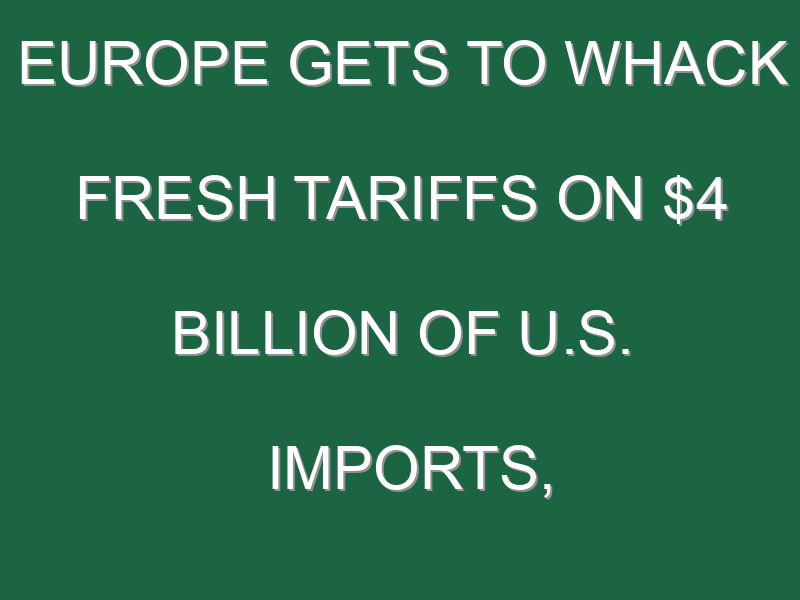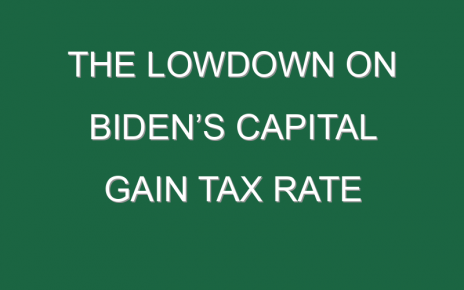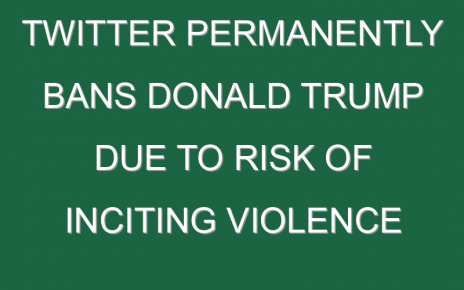The European Union has been given the go-ahead to whack tariffs on nearly $4 billion worth of U.S. imports, due to illegal subsidies furnished to Boeing.
The authorization, announced Tuesday by a World Trade Organization arbitrator, marks the latest stage of a saga that has been rumbling on for 16 years now. EU countries illegally subsidized Airbus, and the WTO allowed the U.S. to impose tariffs on $7.5 billion in EU goods as a result. Now the EU gets to take its shot over Boeing’s illegal subsidies.
It would rather have a friendly chat, though, EU Trade Commissioner Valdis Dombrovskis said Tuesday.
“This long-awaited decision allows the European Union to impose tariffs on American products entering Europe,” Dombrovskis said in a statement. “I would much prefer not to do so—additional duties are not in the economic interest of either side, particularly as we strive to recover from the COVID-19 recession. I have been engaging with my American counterpart, Ambassador [Robert] Lighthizer, and it is my hope that the U.S. will now drop the tariffs imposed on EU exports last year.”
The markets weren’t satisfied either; the news sent shares in both planemakers down more than 3% on Tuesday.
“Level playing field”
The EU has been demanding that the U.S. drop its WTO-allowed tariffs—on products ranging from aircraft to clothing and cheese—since July, when Airbus finally stopped receiving the last of its contentious subsidies from the Spanish and French governments.
Will those talks pan out? Maybe.
In a Tuesday statement, U.S. Trade Representative Lighthizer said his team was “waiting for a response from the EU to a recent U.S. proposal and will intensify our ongoing negotiations with the EU to restore fair competition and a level playing field to this sector.”
However, in an echo of the EU’s own argument regarding the validity or otherwise of U.S. tariffs, Lighthizer said Boeing’s last remaining illegal subsidy (a tax break in Washington State) had been repealed earlier this year, so “the EU has no valid basis to retaliate against any U.S. products.”
So, in short, both sides were illegally subsidizing their planemakers, both sides claim to have stopped doing so, and so neither side believes the other has the right to levy tariffs anymore, despite the WTO having clearly given them the go-ahead to do so.
All this is playing out against the backdrop of broader trade tensions between the U.S. and EU, that have largely been initiated or exacerbated by the Trump administration and Lighthizer, a trade chief who shares his boss’s combative, market-rattling views on the subject.
Although the aerospace-subsidies dispute has been going on for nearly two decades, the next step could depend on the outcome of the U.S. election in three weeks’ time; Lighthizer could soon be out of the picture.
But whatever happens, the COVID-19 pandemic’s assault on the travel industry has ensured that neither Boeing nor Airbus are doing very well, subsidies or no subsidies. Airbus is already cutting 15,000 jobs and may shed more, while Boeing is in pretty much the same position, give or take a thousand roles.
Boeing said Tuesday that it had won no new orders last month, and had delivered just 11 aircraft to its customers.
“Airbus did not start this WTO dispute, and we do not wish to continue the harm to the customers and suppliers of the aviation industry and to all other sectors impacted,” said Guillaume Faury, Airbus’s CEO, in a statement responding to the arbitrator’s announcement.
“As we have already demonstrated, we remain prepared and ready to support a negotiation process that leads to a fair settlement. The WTO has now spoken, the EU can implement its countermeasures. It is time to find a solution now so that tariffs can be removed on both sides of the Atlantic.”
More must-read international coverage from Fortune:
- Boris Johnson wants young Brits to buy homes—even if that means banks have to lend like it’s 2006
- Discontent with China reaches historic highs as the pandemic rolls on
- Tech firms in India coalesce around a common foe: Google’s “monopoly”
- The tech startup trying to restore our faith in COVID-free air travel
- What’s more destructive than COVID-19? The twin shocks of a pandemic and no-deal Brexit, Germany warns





